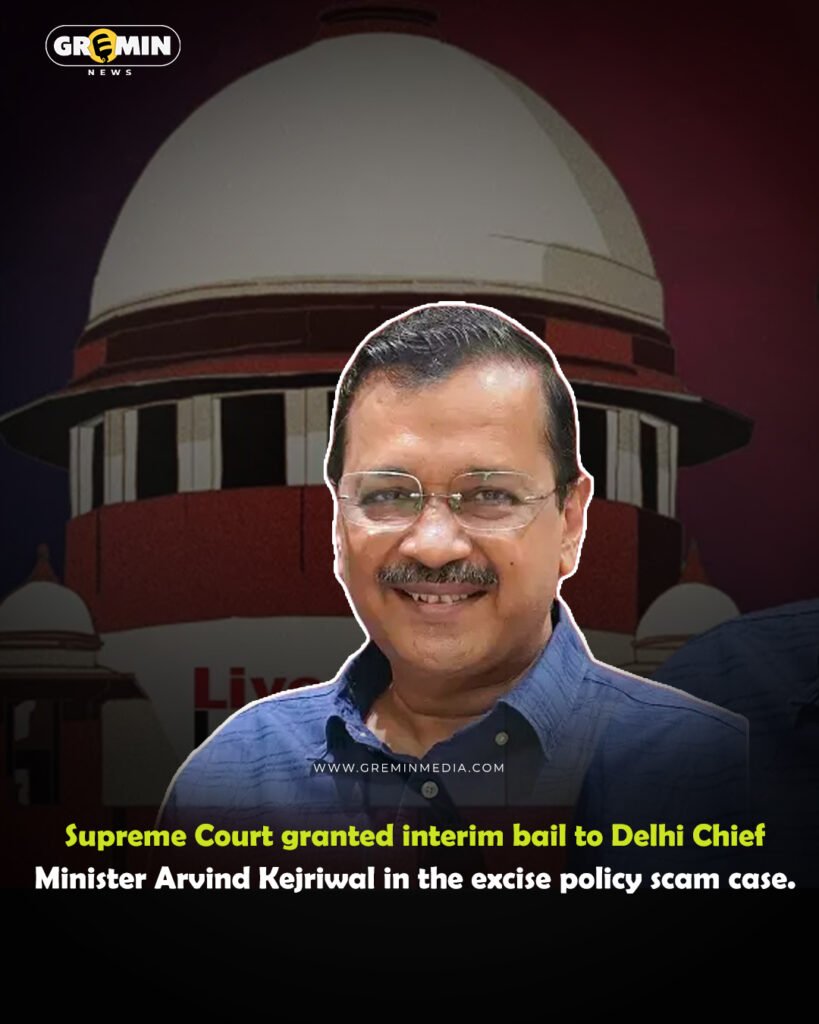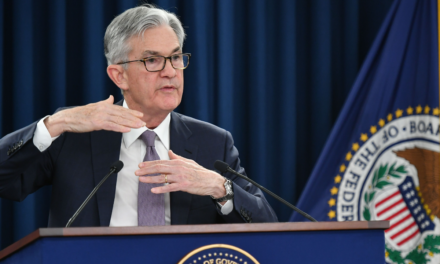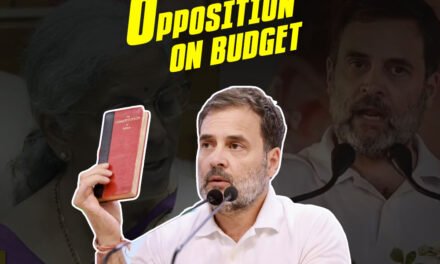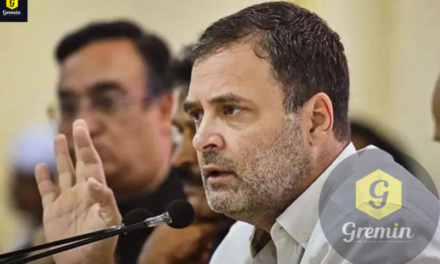Delhi Chief Minister Arvind Kejriwal has been granted bail by the Supreme Court. The ongoing political saga surrounding Delhi Chief Minister Arvind Kejriwal’s arrest took a monumental turn with the Supreme Court’s recent decision to grant him bail. Following his arrest by the Central Bureau of Investigation in June related to the purported liquor excise policy case.
Arvind Kejriwal Granted Bail:
On 13 September, the Supreme Court of India made a pivotal decision in the case involving Delhi’s Chief Minister Arvind Kejriwal. After being arrested by the Central Bureau of Investigation (CBI) in June over alleged involvement in the liquor excise policy case, Kejriwal had been behind bars for nearly six months. This prolonged incarceration, without trial, had led to growing concerns about the violation of basic legal principles and fundamental rights. The Supreme Court, in its detailed order, highlighted that Kejriwal’s continued detention amounted to “unjust deprivation of liberty.”
Justice Ujjal Bhuyan and Justice Surya Kant, who presided over the case, delivered separate verdicts but both came to the consensus that Kejriwal should be released immediately. This decision underscores the Court’s commitment to upholding “fundamental rights” even for high-profile political figures, demonstrating that the rule of law supersedes political rivalry.

Arvind Kejriwal: The Allegations and Charges:
The allegations against Arvind Kejriwal stem from a controversial excise policy, which was rolled out during his tenure. The Central Bureau of Investigation (CBI) had alleged that irregularities and corruption were rampant in the formulation and implementation of this policy. According to the CBI, under Kejriwal’s leadership, certain liquor companies were granted undue favors, which resulted in significant financial losses to the Delhi government.
Furthermore, the Enforcement Directorate (ED) had also lodged a separate case against him, which added more legal complexity to the situation. However, in both cases, the Aam Aadmi Party (AAP) and its leader consistently denied any wrongdoing, claiming that the allegations were politically motivated. With this latest bail ruling, Kejriwal can now await trial from outside the confines of a prison cell.
What Kejriwal Can and Cannot Do Post-Bail
Although Arvind Kejriwal has been granted bail, his freedom comes with specific conditions imposed by the Supreme Court. One of the most notable restrictions is that he cannot resume his official duties without explicit approval from the Lieutenant Governor of Delhi, VK Saxena.
This restriction includes being barred from entering the Delhi Secretariat, signing any files, or taking executive decisions on governance matters. The decision to restrict his movements and responsibilities aims to ensure that Kejriwal does not interfere with ongoing investigations or use his political power to influence the judicial process. This move also points to the delicate balance of power between elected officials and constitutional authorities like the Lieutenant Governor.
What’s Next for Aam Aadmi Party?
The Aam Aadmi Party, under Kejriwal’s leadership, has been one of the most formidable forces in Delhi politics. The arrest and the subsequent legal battle of their leader could have potentially rattled the party’s standing among its core supporters. However, the Supreme Court’s decision to grant bail has been perceived as a vindication for both Kejriwal and the AAP. This ruling could strengthen their narrative that the cases against them were politically motivated and baseless.
Moreover, Kejriwal’s eventual release from Tihar Jail after nearly six months without trial could evoke significant public sympathy. The party is expected to leverage this sympathy to consolidate its position both in the capital and on the national stage. The implications of this legal win are likely to reverberate during future elections, potentially giving the AAP the momentum it needs to mount a renewed challenge against rival parties.
A Delicate Balance: Judiciary, Politics, and Governance
This case exemplifies the fine line that exists between the judiciary, politics, and governance in India. As much as the judiciary’s role is to interpret and uphold the law, it often becomes a player in political narratives, especially in high-profile cases like this one. The Supreme Court’s decision, while rooted in legal principles, is bound to have political interpretations and consequences.
Furthermore, the restrictions imposed on Kejriwal’s ability to function as the Chief Minister until granted approval from the Lieutenant Governor highlight the ongoing power struggle between elected representatives and appointed constitutional authorities. The “lieutenant governor’s influence” in the governance of Delhi, particularly in cases where the Chief Minister’s powers are curtailed, serves as a reminder of the unique political structure of the Union Territory.
Public and Media Reactions: A Divided Response
The public and media reactions to this development have been mixed. Supporters of the Aam Aadmi Party and Kejriwal view the Supreme Court’s ruling as a triumph of justice over politically motivated vendettas. Many have taken to social media to celebrate the release of their leader, hailing the judgment as a sign of judicial integrity.
On the other hand, critics argue that the case should proceed with greater urgency to address the serious allegations that were raised against Kejriwal. They insist that bail does not equate to exoneration, and the legal proceedings should continue with full transparency and accountability. News outlets and political commentators continue to dissect every detail of the case, debating its wider impact on the national political landscape.
What This Means for the Future of Delhi’s Politics
The Supreme Court’s decision to grant Arvind Kejriwal bail has not only given him immediate relief but also opened up a series of political and legal possibilities. For the AAP, it is a chance to rally their supporters, bolster their public image, and potentially sway undecided voters. For Kejriwal, this is an opportunity to present himself as a victim of political vendetta while continuing to challenge his political opponents.
However, Kejriwal’s future as Chief Minister is still tethered to ongoing investigations, and the restrictions placed on him by the Supreme Court signal that the judiciary will continue to play a significant role in this unfolding drama. His ability to navigate this complex web of legal and political challenges will determine not only his future but also the fate of the Aam Aadmi Party in the upcoming elections.
The Road Ahead for Arvind Kejriwal and Indian Politics
As Arvind Kejriwal prepares to walk out of Tihar Jail, his political journey is far from over. While the bail is a significant step towards securing his freedom, the road ahead remains fraught with legal battles and political challenges. His leadership of the Aam Aadmi Party will be tested in the months to come as the legal proceedings continue to unfold, and the party works to retain its stronghold in Delhi politics.






 Afrikaans
Afrikaans Albanian
Albanian Amharic
Amharic Arabic
Arabic Armenian
Armenian Azerbaijani
Azerbaijani Basque
Basque Belarusian
Belarusian Bengali
Bengali Bosnian
Bosnian Bulgarian
Bulgarian Catalan
Catalan Cebuano
Cebuano Chichewa
Chichewa Chinese (Simplified)
Chinese (Simplified) Chinese (Traditional)
Chinese (Traditional) Corsican
Corsican Croatian
Croatian Czech
Czech Danish
Danish Dutch
Dutch English
English Esperanto
Esperanto Estonian
Estonian Filipino
Filipino Finnish
Finnish French
French Frisian
Frisian Galician
Galician Georgian
Georgian German
German Greek
Greek Gujarati
Gujarati Haitian Creole
Haitian Creole Hausa
Hausa Hawaiian
Hawaiian Hebrew
Hebrew Hindi
Hindi Hmong
Hmong Hungarian
Hungarian Icelandic
Icelandic Igbo
Igbo Indonesian
Indonesian Irish
Irish Italian
Italian Japanese
Japanese Javanese
Javanese Kannada
Kannada Kazakh
Kazakh Khmer
Khmer Korean
Korean Kurdish (Kurmanji)
Kurdish (Kurmanji) Kyrgyz
Kyrgyz Lao
Lao Latin
Latin Latvian
Latvian Lithuanian
Lithuanian Luxembourgish
Luxembourgish Macedonian
Macedonian Malagasy
Malagasy Malay
Malay Malayalam
Malayalam Maltese
Maltese Maori
Maori Marathi
Marathi Mongolian
Mongolian Myanmar (Burmese)
Myanmar (Burmese) Nepali
Nepali Norwegian
Norwegian Pashto
Pashto Persian
Persian Polish
Polish Portuguese
Portuguese Punjabi
Punjabi Romanian
Romanian Russian
Russian Samoan
Samoan Scottish Gaelic
Scottish Gaelic Serbian
Serbian Sesotho
Sesotho Shona
Shona Sindhi
Sindhi Sinhala
Sinhala Slovak
Slovak Slovenian
Slovenian Somali
Somali Spanish
Spanish Sundanese
Sundanese Swahili
Swahili Swedish
Swedish Tajik
Tajik Tamil
Tamil Telugu
Telugu Thai
Thai Turkish
Turkish Ukrainian
Ukrainian Urdu
Urdu Uzbek
Uzbek Vietnamese
Vietnamese Welsh
Welsh Xhosa
Xhosa Yiddish
Yiddish Yoruba
Yoruba Zulu
Zulu